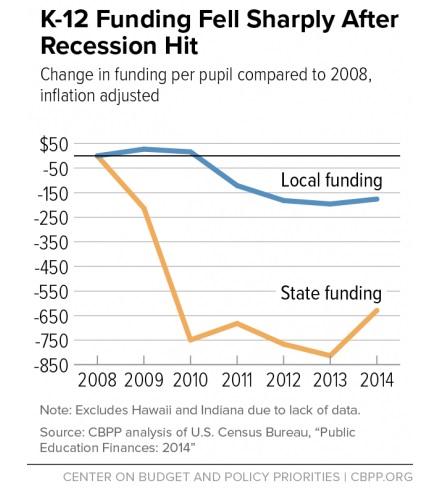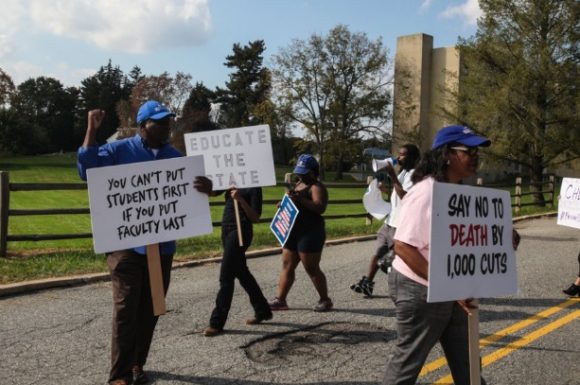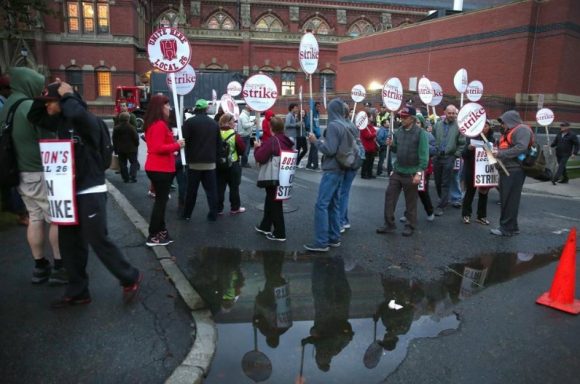Dear Commons Community,
Donald Trump’s message to build a wall between the United States and Mexico is receiving a chilly reception in Arizona, a state that normally votes Republican and has miles of border between it and Mexico. As reported in The Huffington Post:
“Donald Trump rode to the top of the Republican ticket promising a “big, beautiful, powerful” border wall with Mexico to stop the flow of undocumented immigrants. Along that border, however, Americans are more likely to call the wall a “waste of money”, according to a Reuters/Ipsos opinion poll.
The results show that while the New York businessman may have expected his tough stance on immigration to fire up support nationally, it seems to be falling short in a state heavily affected by illegal immigration, and where he is now facing a surprising challenge from his Democratic rival Hillary Clinton.
Asked if a wall would be “an effective barrier or a waste of money,” 47 percent of Arizona residents picked “waste of money” and 34 percent picked “effective barrier”, with the rest picking neither, according to the poll. Among Republicans, 21 percent picked “waste of money” and 57 percent picked “effective barrier.”
Most Arizonans also believed it is not realistic to expect Mexico to pay for the wall, something Trump has vowed would happen if he’s elected president on Nov. 8, according to the poll.
The results lined up closely with nationwide opinions of Trump’s immigration policy: 49 percent of American adults say the wall would be a “waste of money” and 31 percent say it would be an “effective barrier.”
“As big and powerful, as rich as this nation is, we cannot just leave the door open,” said Tony Estrada, Santa Cruz County Sheriff, who has served in law enforcement in the border county for 49 years. “But, we need a realistic and humane process. Donald Trump is … catering to people’s fear.”
Polls show Arizona, a state that has voted Democrat only once in a presidential election since 1952, has become competitive. The Real Clear Politics average of polls showed Clinton ahead there by 1.3 percentage points. Reuters/Ipsos polling shows Trump ahead there by 4 points.
Clinton’s campaign said last week it would spend $2 million more campaigning in Arizona before the election.”
The wall was an attention getter and riled up core Trump supporters at rallies but it always was an idiotic idea.
Tony





